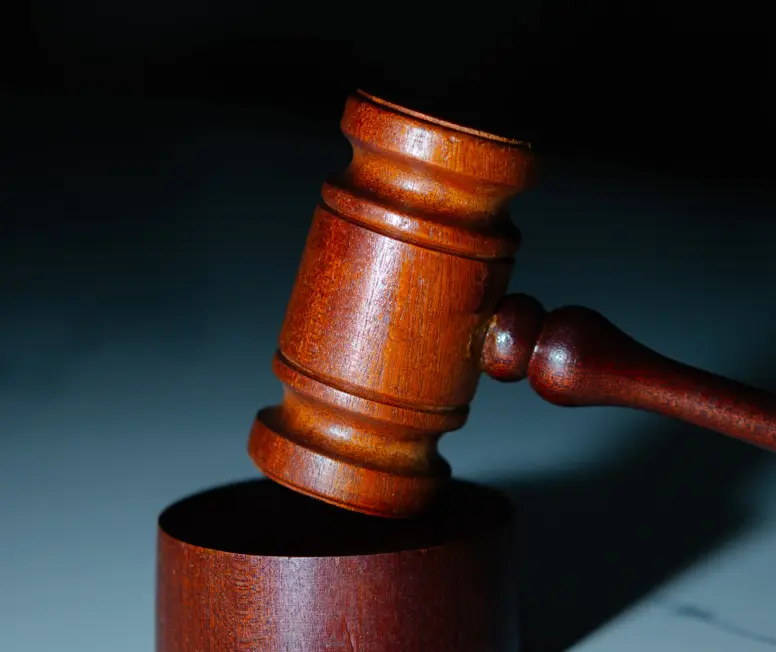As the global economy expands, businesses and individuals frequently enter into agreements that span multiple national borders. These cross-border contracts can lead to complex disputes. When conflicts are resolved through arbitration instead of court, selecting the right legal counsel is crucial. A skilled UAE arbitration lawyer with experience in civil law as well as common law structures helps you understand the local arbitration system, protect your rights, ensure rulings can be enforced, and avoid common risks.
The Legal Framework: UAE Federal Law No. 6 of 2018 on Arbitration
The first reason to hire a UAE arbitration lawyer is to help you understand the legal landscape.
- In 2018, the UAE enacted Federal Law No. 6 of 2018 on Arbitration, also known as “the Arbitration Law,” which replaced the earlier arbitration provisions under Articles 203-218 of the UAE Civil Procedures Law (Federal Law No. 11 of 1992).
- The 2018 Law includes 61 articles and is largely based on the UNCITRAL Model Law (2006), which is an internationally respected template for arbitration laws.
- The law applies to arbitrations seated onshore in the UAE, unless the parties agree that another arbitration law applies (subject to public order). It also applies to international commercial arbitrations outside the UAE if the parties choose it and to legal relationships governed by UAE law.
These rules can be confusing for those without legal training. A UAE arbitration lawyer is essential to check if your dispute can be arbitrated under UAE law, confirm your agreement is valid, and guide you through enforcement.
Key Legal Doctrines and Issues: Where the Expertise Matters
An expert UAE arbitration lawyer can be helpful in addressing a number of legal concepts or difficulties related to cross-border arbitration:
- Arbitration Agreement Validity (Writing, Capacity, Separability)
- Article 7 of the UAE Arbitration Law requires that the arbitration agreement be in writing. This includes email or other electronic communications, but only if they comply with UAE laws on electronic transactions.
- The parties or the signatories must have the legal capacity and/or authority (such as under the Memorandum of Association or a power of attorney) to bind their entity to the arbitration agreement.
- The doctrine of separability means that the arbitration clause is independent from the main contract: even if the contract is found invalid, the arbitration agreement may continue to have force, unless it is invalid itself.
- Article 7 of the UAE Arbitration Law requires that the arbitration agreement be in writing. This includes email or other electronic communications, but only if they comply with UAE laws on electronic transactions.
- Kompetenz-Kompetenz (Tribunal’s Power to Decide Its own Jurisdiction)
- Article 19 and related provisions allow the arbitral tribunal to decide on its jurisdiction. This includes the existence or validity of the arbitration agreement, or whether the dispute falls under it. A UAE arbitration lawyer will help you know when to raise jurisdictional objections, whether as preliminary issues or in the final award.
- Article 19 and related provisions allow the arbitral tribunal to decide on its jurisdiction. This includes the existence or validity of the arbitration agreement, or whether the dispute falls under it. A UAE arbitration lawyer will help you know when to raise jurisdictional objections, whether as preliminary issues or in the final award.
- Interim and Precautionary Measures
- Under the 2018 Law, the tribunal has the power to order interim measures such as preservation of evidence or assets. UAE courts (Appeal Court) also have the power to assist. These measures are crucial in cross-border disputes where there is a risk of asset dissipation or loss of evidence.
- Under the 2018 Law, the tribunal has the power to order interim measures such as preservation of evidence or assets. UAE courts (Appeal Court) also have the power to assist. These measures are crucial in cross-border disputes where there is a risk of asset dissipation or loss of evidence.
- Enforcement, Nullification/Annulment, and Recognition
- The arbitral award must be ratified and executed by the Chairman of the Appeal Court in order to have enforceability in the UAE courts.
- There is a strict time frame: An application to nullify an arbitral award must be made within 30 days of service of the award.
- The UAE is a party to the New York Convention on the Recognition and Enforcement of Foreign Arbitral Awards, which helps enforce foreign awards in many jurisdictions.
- The arbitral award must be ratified and executed by the Chairman of the Appeal Court in order to have enforceability in the UAE courts.
- Public Policy, Non-Arbitrability, Language, Seat, and other Procedural Choices
- Some disputes are not arbitrable under UAE law (e.g., certain labor, criminal, or regulatory matters).
- Parties must choose or agree on a seat, language, and procedural rules. If they don’t, the law provides default rules (e.g., Arabic if no language is agreed upon).
- Some disputes are not arbitrable under UAE law (e.g., certain labor, criminal, or regulatory matters).

Why a UAE Arbitration Lawyer is Indispensable for Cross-Border Disputes
Here are specific reasons why a UAE arbitration lawyer is crucial, taking into account the legal framework and technological concerns mentioned above:
- Cross-border disputes: often involve multiple legal systems, questions of which law governs, where the seat of arbitration is, and public policy issues. A UAE arbitration lawyer will help ensure your arbitration clause is properly drafted so you can avoid later challenges.
- Ensuring Valid Arbitration Agreements: Invalid agreements can lead to courts refusing enforcement or deeming your arbitration agreement void. A specialist will ensure formal and substantive requirements (capacity, writing, and subject matter) are satisfied.
- Strategic Use of Interim Measures: In cross-border cases, interim relief (asset freezing, evidence preservation) may make or break your ability to enforce later. A UAE arbitration lawyer knows how to appeal to the appeal court or ask the tribunal properly.
- Efficient Proceedings & Cost Control: Lawyers familiar with UAE arbitration practice can avoid common delays, e.g., failure to object in time (the Rules have a short time window for raising inconsistency between the arbitration procedure and agreement) or misunderstanding procedural defaults.
- Enforcement Across Borders: Even with an arbitration award, if enforcement in the UAE or abroad is uncertain or bureaucratically delayed, it could be useless. A UAE arbitration lawyer can guide you through ratification, execution, and, where needed, recognition under the New York Convention.
- Minimizing Risk of Annulment/Nullification: Awards in the UAE can be set aside under certain grounds (lack of capacity, invalid arbitration agreement, subject matter not arbitrable, or if the award violates public order or the UAE’s public morality). A good lawyer anticipates these and structures your case accordingly.
- Compliance with UAE Law and Local Court Practices: UAE courts play a supervisory role at limited points (e.g., ratification, enforcement, nullification). A UAE arbitration lawyer knows how UAE courts interpret key concepts (public order, severity of procedural irregularity, etc.) and how they apply the law in practice (not just on paper).
Conclusion
Hiring a UAE arbitration lawyer is crucial for anyone involved in cross-border issues that could end up in arbitration; it is not an alternative. They provide:
- Knowledge of Federal Law No. 6 of 2018,
- Expertise in legal doctrines like separability, kompetenz-kompetenz, arbitrability,
- Skill in drafting arbitration agreements, and
- Experience navigating enforcement and nullification procedures.
By hiring such a specialist early on (preferably during contract negotiations), you protect your capacity to enforce awards, settle disputes amicably, and steer clear of traps that could cost you money, time, and business relationships.







